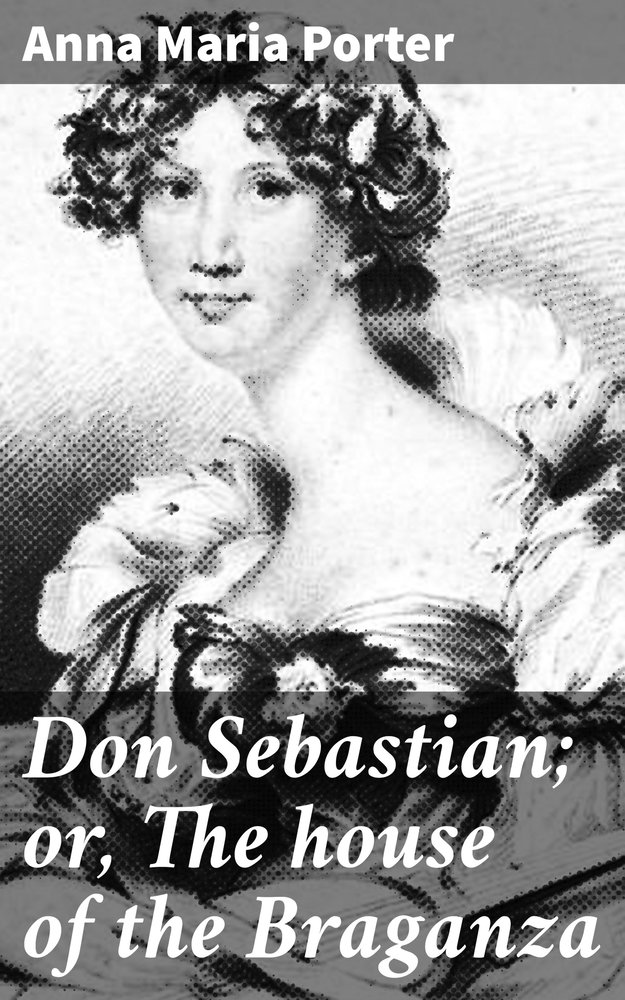Anna Maria Porter's novel, Don Sebastian; or, The House of the Braganza, is a captivating tale set in the tumultuous period of the Portuguese Restoration War. The book intertwines romance, political intrigue, and elements of gothic fiction, making it a dynamic and engaging read. Porter's use of vivid imagery and intricate plot twists adds depth to the storyline, drawing readers into the lush historical backdrop of 17th century Portugal. The book's themes of loyalty, betrayal, and honor are explored through the lens of compelling characters and dramatic narratives, making it a rich and thought-provoking piece of literature. Porter's writing style showcases her attention to detail and talent for crafting intricate plots that keep readers on the edge of their seats. Don Sebastian; or, The House of the Braganza stands out as a unique and memorable work of historical fiction that will leave a lasting impression on its audience. Anna Maria Porter's own experiences as a prolific writer and keen observer of society likely influenced her ability to craft such a captivating and multi-layered narrative. Her insightful portrayal of human emotions and social dynamics adds depth and complexity to the characters and events within the story. I highly recommend Don Sebastian; or, The House of the Braganza to readers who enjoy historical fiction with a touch of romance and suspense, as well as those interested in exploring the complexities of political power and personal relationships within a historical context.


